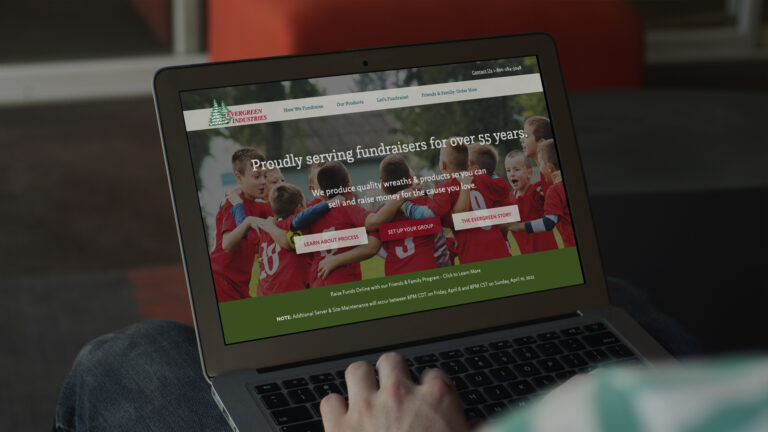Fundraisers present a fantastic opportunity for kids to learn valuable life skills, including the concept of friendly competition. While encouraging a healthy sense of competition can motivate participants to strive for their best, it’s essential to ensure that the process remains positive and inclusive for everyone involved. Here are some strategies to help make your fundraiser a fun and educational experience for all participants, regardless of how much they sell or raise!
Emphasizing Teamwork and Good Sportsmanship
In today’s educational landscape, the focus is increasingly on collaboration and emotional intelligence. Fundraisers are an excellent way to reinforce these values by teaching children about good sportsmanship. Even as we recognize and celebrate top performers, it’s crucial to remind all participants that they are part of a team working toward a common goal. Every contribution, no matter how small, plays a vital role in the fundraiser’s success. Encourage top earners to offer words of encouragement and support to their peers, fostering a positive and inclusive environment where everyone feels valued.
Managing Disappointment Positively
Feelings of disappointment can be a natural part of any competitive activity. However, in the context of a fundraiser, it’s important to teach children how to manage these emotions constructively. Instead of framing the experience as a “win or lose” situation, encourage a growth mindset. This approach focuses on effort, learning, and personal improvement rather than just the outcome. Encourage children to see each fundraiser as a learning opportunity where they can develop their skills, try new strategies, and learn resilience. Provide constructive feedback and support to those who may be struggling, helping them to view setbacks as stepping stones to future success.
Recognizing Effort Over Outcome
One of the most effective ways to ensure that fundraisers remain a positive experience for all participants is to recognize effort as much as results. While it’s natural to celebrate those who raise the most funds, it’s equally important to acknowledge the hard work and dedication of every participant. Consider implementing a variety of recognition categories, such as “Most Improved,” “Best Team Player,” or “Creative Sales Strategy.” This inclusive approach ensures that all children feel appreciated and motivated, reinforcing the idea that everyone’s efforts contribute to the group’s overall success.
Creating a Supportive and Inclusive Environment
To foster a truly inclusive fundraising experience, it’s vital to create a supportive environment where every child feels a sense of belonging and pride in their contributions. Organize group activities that allow all participants to collaborate, share ideas, and celebrate each other’s successes. For instance, consider hosting a brainstorming session where kids can share their unique fundraising strategies or creative ideas for engaging potential donors. This not only enhances their problem-solving skills but also builds camaraderie and mutual respect among participants.
Celebrating Collective Achievements
To reinforce the idea that fundraising is a team effort, plan a celebration that recognizes the collective achievements of all participants. Whether it’s a special outing, a fun party, or a group activity that everyone can enjoy, celebrating together helps to build a strong sense of community and shared accomplishment. It also serves as a reminder that, regardless of individual sales figures, every participant plays a critical role in achieving the fundraiser’s goals.
Encouraging Lifelong Skills Through Fundraising
Beyond raising funds for a cause, fundraisers are an opportunity to teach children valuable life skills, such as communication, empathy, resilience, and teamwork. By focusing on these broader developmental goals, you can create a fundraising experience that is not only fun and engaging but also deeply meaningful and educational for all involved. Encourage children to reflect on what they have learned from the experience and how they can apply these lessons in other areas of their lives.
Conclusion
Incorporating friendly competition into fundraisers can be a powerful tool for personal growth and team building. By focusing on inclusivity, positive reinforcement, and collective achievement, you can create a fundraising environment that is rewarding and enjoyable for everyone. Let’s empower the next generation to work together, support each other, and celebrate every success, big or small.




